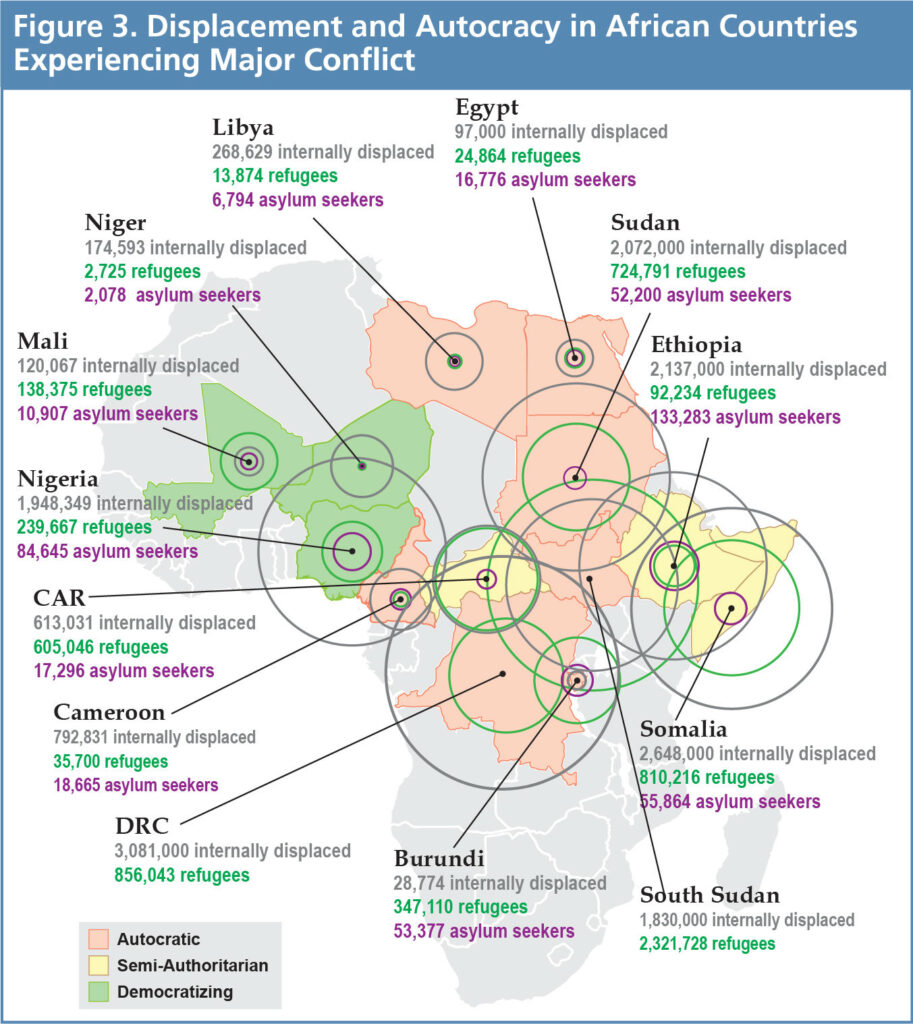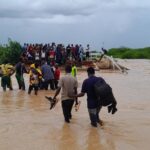Community displacement in Africa is a pressing issue that affects millions of people across the continent. This phenomenon is driven by a myriad of factors, including conflict, economic development, environmental changes, and urbanization. Understanding the causes and consequences of displacement, as well as potential solutions, is crucial for addressing this complex challenge.
“There are 13 African countries facing major armed conflict, and they account for almost 90 percent of the 25 million people displaced by conflict and persecution on the continent”
Africa Centre for Strategic Studies
Conflict and Violence
Armed conflicts and civil wars have been significant drivers of displacement in many African countries. Regions such as the Great Lakes, the Sahel, and the Horn of Africa have experienced prolonged violence, forcing communities to flee their homes in search of safety. The ongoing conflicts in countries like South Sudan, the Democratic Republic of the Congo, and Ethiopia have resulted in large-scale internal displacement and refugee crises.

Economic Development and Land Grabbing
Rapid economic development often leads to land acquisition for agriculture, mining, and infrastructure projects. In many cases, these developments occur without proper consultation with local communities, resulting in the forced eviction of residents. This phenomenon, often referred to as “land grabbing,” disproportionately affects marginalized groups, exacerbating inequality and social tensions.





